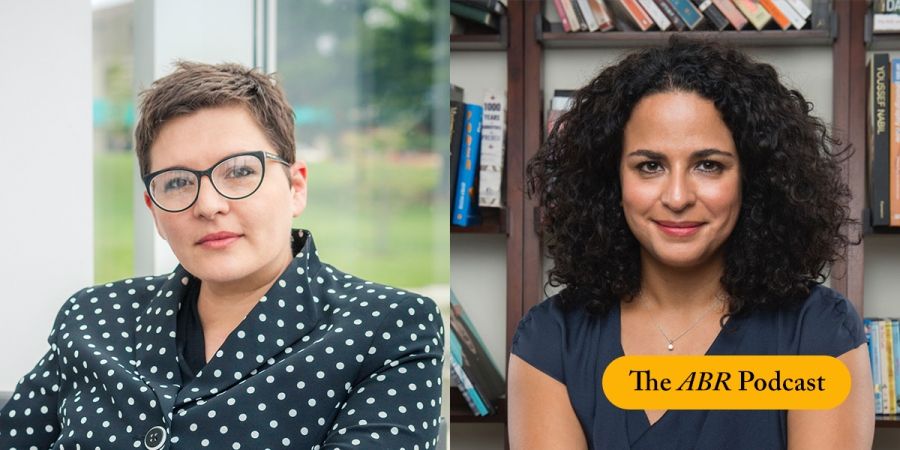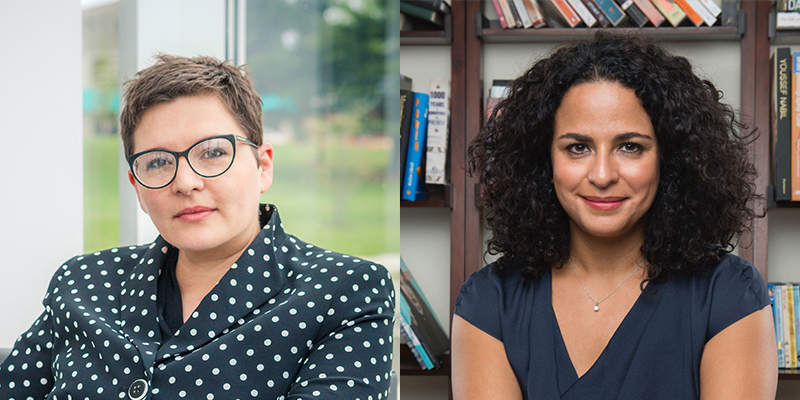
- Free Article: No
- Contents Category: Podcast
- Custom Article Title: ‘Those shelves have power’
- Review Article: No
- Article Title: ‘Those shelves have power’
- Article Subtitle: Three women with a vision for Egypt
- Online Only: No
- Custom Highlight Text:
‘I would like to write about dominance, revulsion, separation, the horrible struggles between people who love each other,’ wrote Helen Garner, foreshadowing How to End a Story, the final instalment of her published diaries, following Yellow Notebook (2019) and One Day I’ll Remember This (2020). While the first two volumes spanned eight years apiece, How to End a Story spans only three. Starting in 1995, shortly after shortly after the release of Garner’s The First Stone, it details the dissolution of her marriage to another writer, V. As Lisa Gorton notes, this volume differs from its precursors both in tone and focus: ‘This one is as compelling as a detective story. This one is edited with the sense of an ending.’
- Square Image (435px * 430px):

In 2002, Nadia Wassef founded – with her sister, Hind, and their friend, Nihal – the Cairo-based independent bookstore Diwan. Wassef’s memoir, Chronicles of a Cairo Bookseller, is a record of the setbacks and success of the store’s creation, while also an insight into a nation simmering with revolutionary politics. In today's episode, ABR critic Beejay Silcox, who spent several years living in Egypt, describes in a personal review how she stumbled upon Diwan on her first night in Cairo: ‘a pocket of alphabetised calm in the city’s ever-roiling chaos’.
Subscribe via iTunes, Google, or Spotify, or your favourite podcast app.



Comments powered by CComment